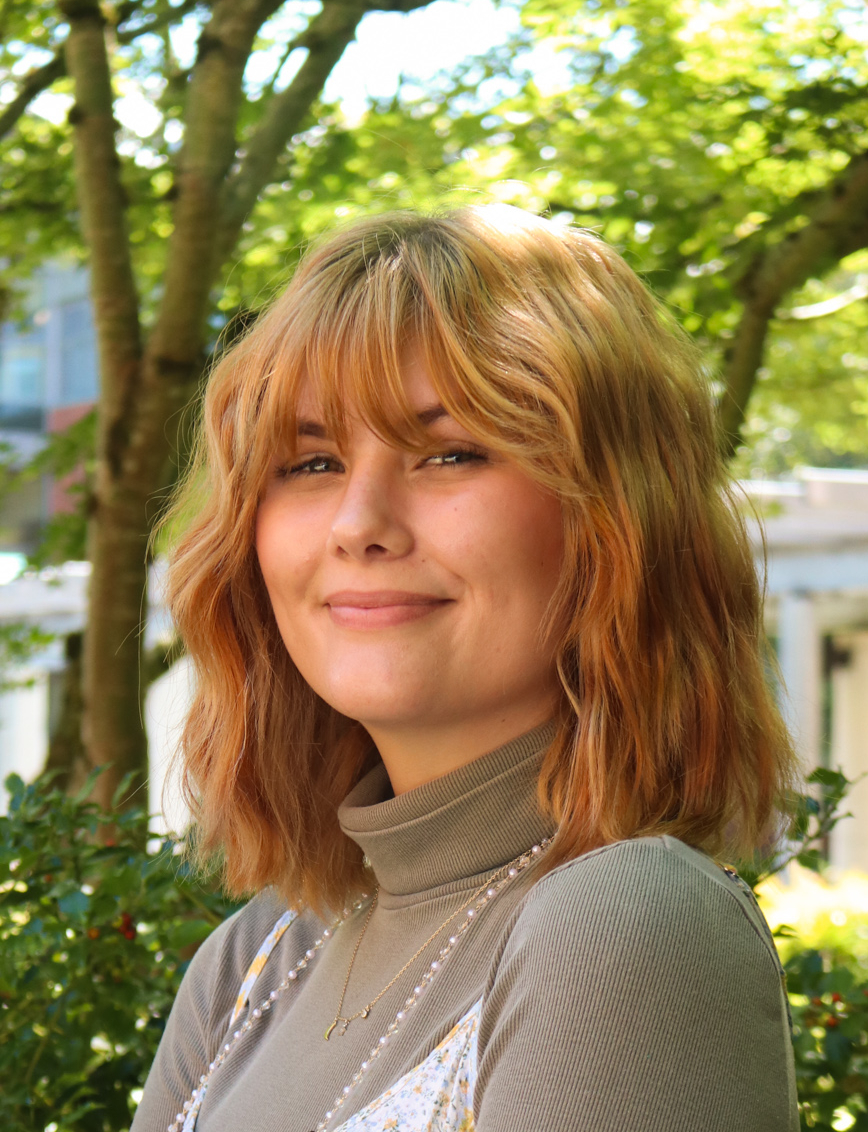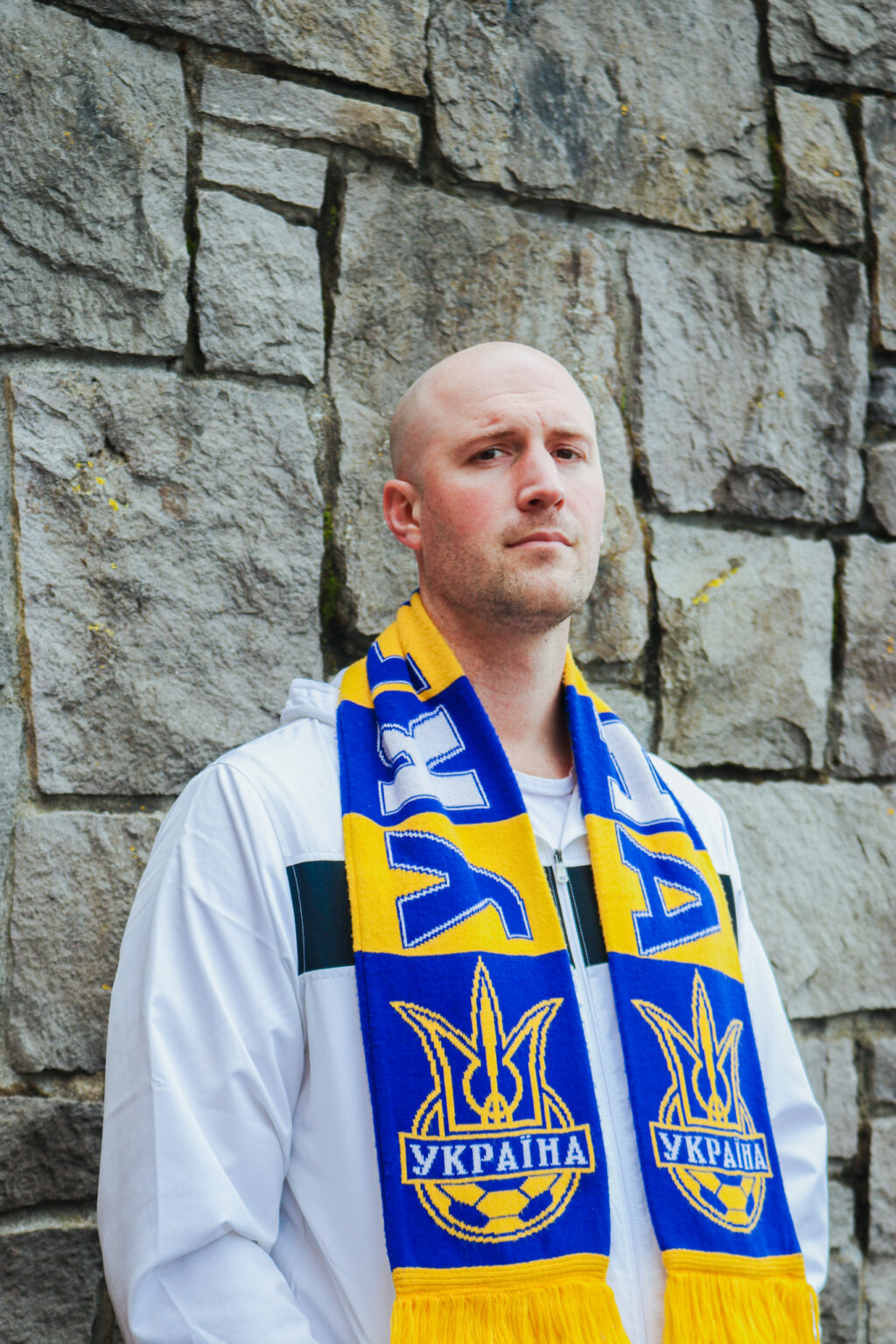The conflict between Russia and Ukraine has turned into a major humanitarian crisis as people around the globe organize efforts to support Ukrainian citizens and refugees. Locally, students at WSU Vancouver have worked alongside the community to provide resources for their own family members and others in need of aid.
“I’m worried about my family and relatives who are still in Ukraine. Every day there’s something different happening there and you don’t know what to expect.” – Nicholas Mulyar
The Russian invasion of Ukraine, which has displaced millions of citizens, is the culmination of a century of tensions within the former Soviet Union. While Ukraine has attempted to join the Western defensive alliance, NATO, Russia’s goal was to overrun Ukraine and remove its governmental power. Anthony Lopez, associate professor of political science at WSU Vancouver, said in the last eight years, over 10 thousand people have died due to the combat between Russian and Ukrainian forces.
“In late February 2022, Putin begins what he expected would be a lightning run to Kyiv, the Ukrainian capital, but has since stumbled upon a combination of overestimation of Russian military preparedness and an underestimation of Ukrainian resolve,” Lopez said.
According to The Oregonian, The Portland-Vancouver metropolitan area is home to one of the largest Eastern European communities in the country, which includes neighbors, friends and in the case of student Ryan Wiswall, family.
Wiswall, a senior and integrated strategic communication major at WSU Vancouver, and his wife, Ksenia Wiswall, a recent WSU Vancouver graduate, have been regularly communicating with their family members in Ukraine.
“My wife is from there, she moved over here in 1999 when she was 12 years old. She still has family over there. We’ve been in contact with her uncles, cousins and her friends. I’ve visited there two different times, so it’s familiar to me as well,” Wiswall said.
Growing up in Uman, Ukraine, a city only three hours away from the capital, Kyiv, Ksenia has strong ties to relatives and friends who have had to leave their homeland to seek refuge.
“Her cousin was able to get out of her city, Uman, and went to Moldova. She crossed the border on her 30th birthday of all days. So the good thing is, she made it safe right out of the country. But at the same time, she’s experiencing something that none of us would want to experience,” Wiswall said. “Your country is going to war, and you don’t know if you can come back. Worrying about the people who you care about and the status of your country as well.”
According to ABC News, since the beginning of the Russian invasion of Ukraine, over 3.5 million Ukrainians have chosen to seek refuge in Poland, Lithuania, Moldova and other countries. For citizens who cannot leave their homes or flee the country, underground bunkers have provided shelter for displaced citizens. However, they are still experiencing a shortage in vital resources, including food, medicine and clothing.
“My wife’s schoolmate sent her videos of her crying in the bunker, her schoolmates said, ‘we need medicine.’ There was a child in there that was needing asthma medicine, and we’re more than willing to spend money, but where do you buy it? And that’s the sense of helplessness. What do you do?” Wiswall said.
Many students at WSU Vancouver also have family members living in Ukraine. Nicholas Mulyar, a junior finance major, has over 50 relatives currently residing in the country.
“I’m worried about my family and relatives who are still in Ukraine. Every day there’s something different happening there and you don’t know what to expect. My [aunt’s] family is still in Ukraine, they’re obviously worried about where they are. There was an airport nearby, like 20 minutes away, that was bombed,” Mulyar said.

(Emily Baumann/The VanCougar)
Mulyar’s family lives in a city further removed from the active conflict, but as threats of bombs and militant occupation continue, they still fear for their safety. Despite all the uncertainty, members of Mulyar’s family have worked tirelessly to provide supplies to other civilians in need.
“They are working hard and taking in refugees who are impacted by the higher hit areas. So many of them are helping make food and set up beds at the local church. They’re [working] from early morning, like 6 a.m., all the way until midnight. They’re constantly in the kitchen, making food and setting up a shelter for those passing through,” Mulyar said.
Mulyar’s parents’ home city of Vinnytsia has become a safe place for Ukrainians fleeing war zones within the country. Nonetheless, they are in need of food, housing and other necessities. Mulyar’s cousin Peter Melnyk, a WSU alum, and his brother Erik Mulyar, created a GoFundMe that has already raised over $2,000 for people in Vinnytsia.
“My brother started a GoFundMe account for his church back in Ukraine that is helping refugees and supplying basic necessities. If people could share the link, or find it in their heart to donate, it would be really awesome. My parents are from there, my relatives live there and they’re all working hard,” Mulyar said. “It’s near and dear to my heart.”
Both Mulyar and Wiswall have connected with other Ukrainian and Slavic students on campus to garner support. Mulyar has said many classmates have reached out to check in on him and his family, and he does the same to check in on others. Wiswall, showing his support by sporting a Ukrainian flag scarf, has been connecting with other Slavic students consistently, letting them know they are not alone.
“Each culture has their own way of how they look at things, and it kind of creates a unique thumbprint. It’s a unique identity to that culture,” Wiswall said. “With the Slavic culture, a lot of them are very strong and independent, [so they do not] always want to talk about some of these things. In this case, you have to reach out, and you have to kind of pry a little bit to check in and ask if they’re okay. I think people need to be checked in on.”
While the conflict in Ukraine continues to develop each day, Wiswall, Mulyar and other students at WSU Vancouver continue to support Ukraine by staying informed and providing help. To donate to Mulyar and Melnyk’s GoFundMe for Ukraine, visit https://tinyurl.com/3dnbtucw.

Bethanie is a senior studying environmental and ecosystem science at WSU Vancouver.
